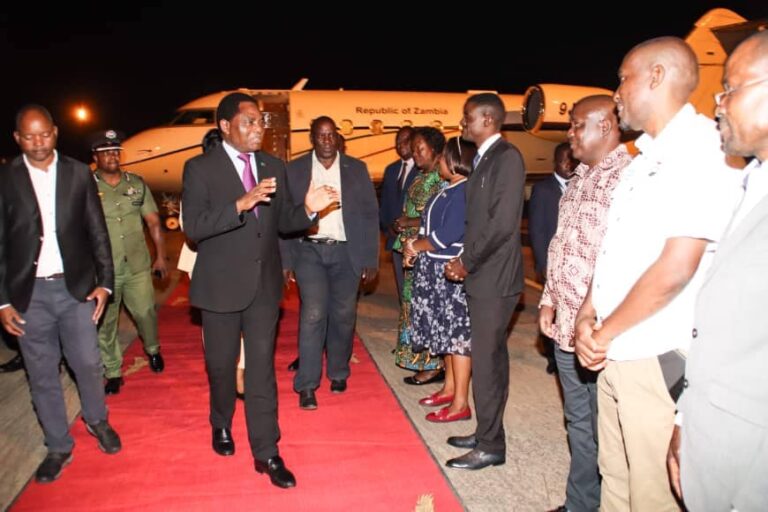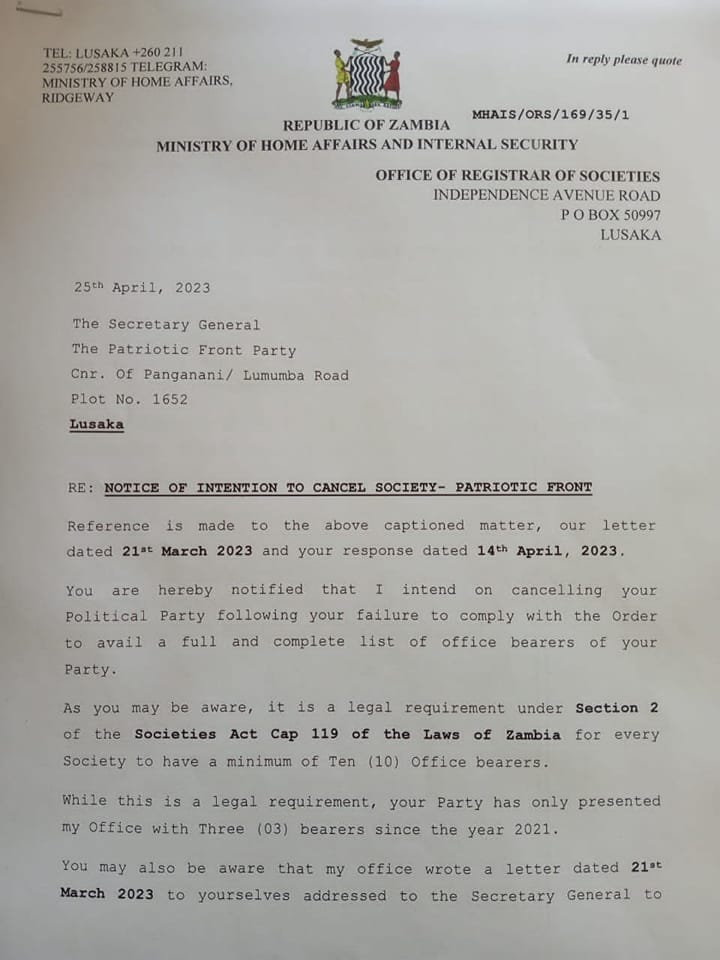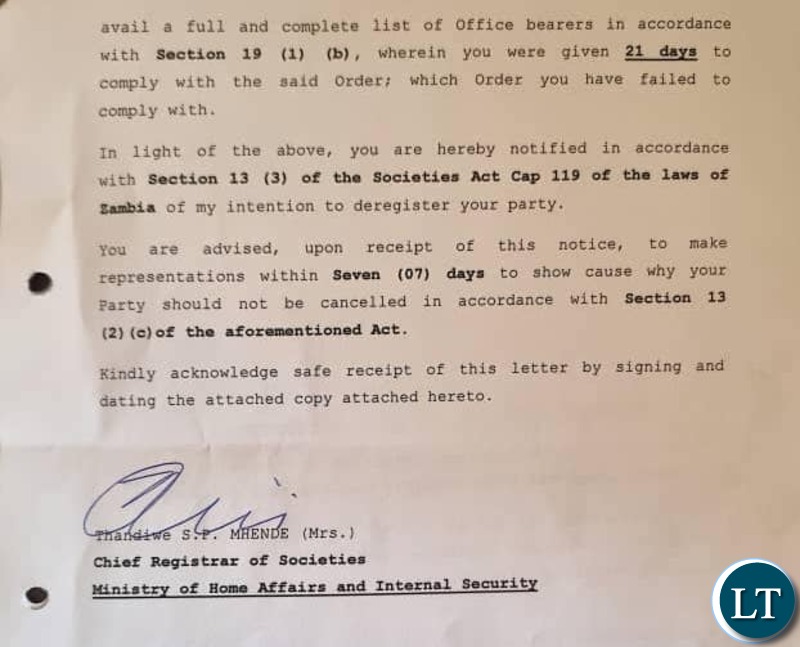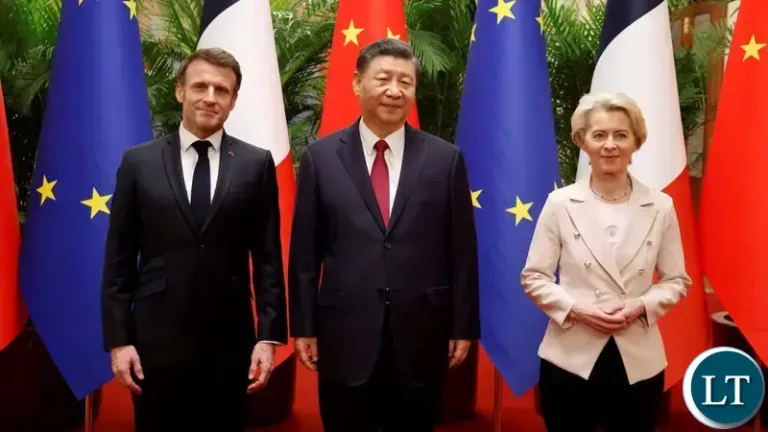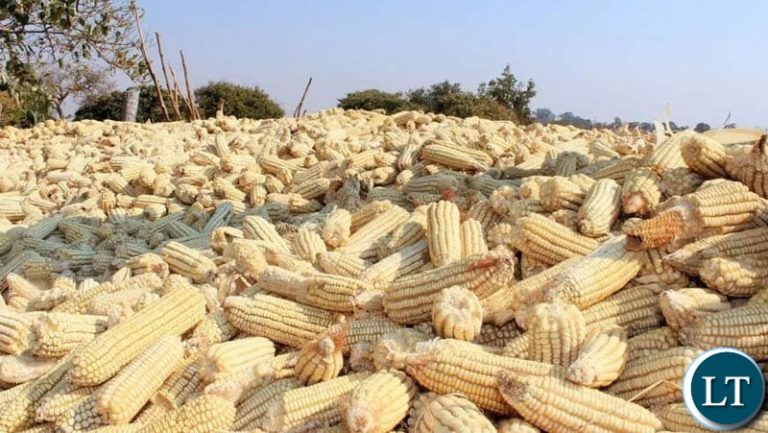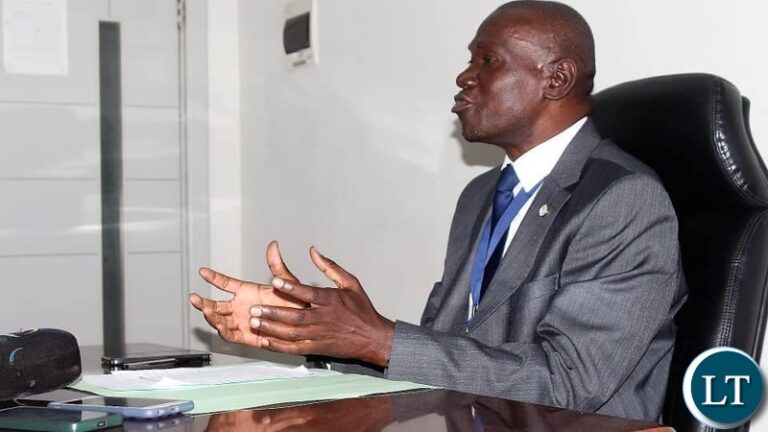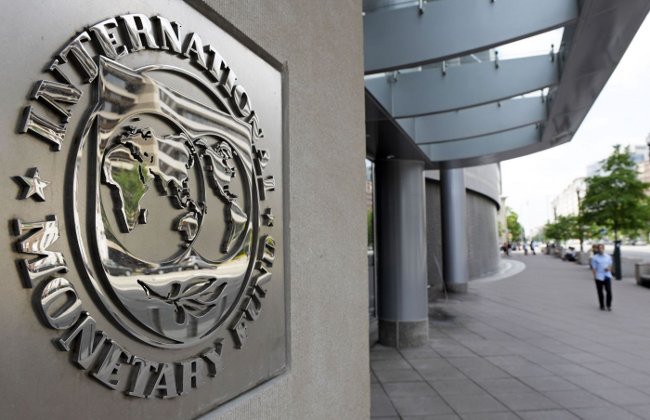By Kevin Tutani is a political economy analyst
The largest development bank universally, is the World Bank. It was formed alongside the IMF (International Monetary Fund), in 1944, at the Bretton Woods conference in New Hampshire, USA. The bank is made up of five subdivisions, namely, the International Bank for Reconstruction and Development (IBRD), International Development Association (IDA), International Finance Corporation (IFC), Multilateral Investment Guarantee Agency (MIGA) and the International Centre for Settlement of Investment Disputes (ICSID). At the outset, these two organisations were established to assist Europe in its reconstruction and to meet the need for managing national currencies in the region, as a result of the desolation of World War 2. The World Bank was established to provide loans and grants to support the reconstruction, whilst the IMF had the prerogative of monitoring currency stability in the West. Nevertheless, there was a change of route when the U.S took the responsibility of financing the reconstruction directly, through their foreign-affairs strategy termed “The Marshall Plan” and also the “Bretton Woods monetary system” on which the IMF was founded, was suspended in 1971, to be phased out completely in 1973. The roles of both institutions then adapted to their new realities and the World Bank became of more relevance to developing economies, whilst the IMF took on the task to monitor the global economy, manage economic data, issue loans to countries in balance-of-payments distress and act as a watcher, to report possible global economic catastrophes and avert them. A group of 187 countries make up the membership of the bank, whilst 190 countries make up the membership and ownership of the IMF.
Contributions by member countries are assigned towards the two institutions’ assets, along with money raised from other sources such as financial markets and earnings from investments and loans. Wealthy nations make up the largest shareholders of these organisations and are therefore responsible for appointing their management, or executive directors, who are responsible for the day-to-day activities. With the goal of reducing poverty, the main operations of the World Bank focus on the financing of projects which include the following; infrastructure, healthcare, sustainable energy, telecommunications, conservation of natural resources, etc. As for the IMF, data collection, monitoring, and dissemination regarding the latest economic events in each member country, are the priority, in order to avoid economic catastrophes and avert contagion in the global economy. A notable advantage of working with these institutions is that they may provide credit at zero interest for the poorest countries and at better rates than commercial institutions, in the case of an interest charge being present. However, before loans can be issued, it is the standard practice of both the World Bank and IMF to review the management of a country’s economy and provide their own preferred policies, which should be followed, as a requirement. The World Bank and IMF, therefore, serve similar purposes of lending with the aim of promoting global economic growth by catering mainly to the development and stability requirements of middle-income and developing economies.
At first instance, both institutions are supportive and are driven by the goal to eradicate world poverty and maintaining global economic growth. Nevertheless, they have earned fierce criticism from some analysts who claim that the same organisations are largely doing the opposite of what they claim, in practice. In order to get to the heart of the matter, it is important to weigh the goals of these institutions, as stated earlier, against what their actual outcomes have been. If they have not made good on their word, in terms of their aims, there is also a need to look at available alternatives.
A major sticking point with regards the operation of these “Bretton Woods Institutions”, is that the countries which hold the greatest voting power and direct their management, are developed countries which have no direct use for the funds provided by these organisations. For example The USA, Japan, Germany, France and U.K, have almost 40% of voting power, all by themselves. Since voting is assigned according to how much financial contributions, called quotas, that a country provides, naturally, wealthy countries will have more funds, whilst least developed countries will be limited in their capacity. The irony is entangled in the fact that wealthy countries are responsible for appointing management and directing the policies of these institutions, which they barely use, whilst poorer economies have to accommodate policies made by a management system which is exotic to their culture, needs, and location. Thus, there will either be a disconnect between the strategies of these institutions and their clientele or a destructive inconsistency between the structure of operations and their goals, which are to promote livelihoods and economic growth in less developed economies.
Before a country can acquire World Bank and IMF loans, it is imperative that the nation satisfies a set of conditions which assure the organisations that the funds loaned out will be put to the right use and eventually returned. These conditions, known as structural adjustments, seem good, in theory but practically, developing countries have endured a worsening of their economic status, after reforming to the terms. Known as structural adjustments, these conditions include, floating of currency, austerity, privatisation, trade liberalisation and addressing governance. Liberalisation of trade, for instance, may collapse local manufacturers and participants in their value-chain. There will be loss of employment, output and government revenue. These dynamics also imply that a country’s exchange rate position will worsen, as result of a negative balance of payments position. Privatisation and austerity, on the other hand, will contract the economy through the streamlining of operations and reduced government spending, respectively. Thus the reforms required by these institutions may achieve the opposite of what they are purported to do. Governments in developing countries have to fully recognize this trade-off, before they embark on any lending facilities run by these organisations, including the HIPC debt-forgiveness program.
Zambia, is a case in point which shows how detrimental IMF programs can be, if embarked on without due diligence and appraisal. Since independence, in 1964, the country earned much of its foreign exchange from copper exports, as it was a major producer. However, in the 1970s, after the Arab oil embargo, the price of petroleum products increased whilst copper prices plummeted. Interest rates against which the country had borrowed, from Western banks, also began to firm. This challenging turn of events made it difficult for the country to repay its loans. Resultantly, the nation approached the IMF for assistance in 1983 and secured loans which came with structural adjustment conditions. The adjustments caused the Zambian economy to contract during the 1980s and 1990s. Privatisation of copper mines led to loss of government revenues. A reduction of spending in public services resulted in an increase in infant mortality and avoidable deaths such as from the Aids pandemic, which could have been addressed by the public support of people with hiv through providing requisite medications. Public servants were earning less than a living-wage and employment was depressed. The opening up of trade also led to an influx of second-hand clothes from abroad and the local textile industry collapsed. As a result, the country became more dependent on copper. Payment of the national debt was then out of reach and the country once again approached the IMF for debt relief, under the Highly Indebted Poor Country (HIPC) framework. The framework would result in debt forgiveness for Zambia but as an IMF program, it would be granted if the nation agreed to more structural reforms proposed by the fund. The approach of the fund has been that, a troubled economy needs to be restructured, as that would lead to growth. It does not accommodate other possible causes and solutions for economic demise and recovery, outside of their conventional methods. In April, 2005, the HIPC debt relief was then granted and US$ 4 billion in debt was cancelled. Nevertheless, Zambia has once more accumulated enormous debt and had to approach the IMF seeking yet another package to restructure the nation’s external debt, at US$17.2 billion, in 2022. The nation was once more granted a debt package of $1.3 billion by the IMF in September 2022. Reforms or adjustments were also tabled in this round of negotiations. When the overall picture is brought into perspective, it appears that Zambia has followed a full, repetitive cycle, from borrowing from the IMF in 1983, to debt forgiveness in 2005 and once again to requesting a bail-out from the institution in 2022. If structural programs were effective, then Zambia would have been set on a growth trajectory since 1983 but the facts on hand show that the economy of the Southern-African nation plunged into an economic contraction, instead.
Since the debt comes with conditions of submission, does a debt cycle then imply a new form of colonialism? Some would argue that it does and in order to create autonomy of governments in developing countries, the IMF will need to be either reformed or have its lending relationship with developing nations dissolved. Other beneficial parts of the relationship such as data dissemination and monetary cooperation may still be upheld. Other African nations which have had trouble with such structural reform programs include Nigeria, Ghana and Zimbabwe, with its infamous reform program termed ‘ESAP’.
Under the IMF, governments lose the space to create policy responses to declining GDP since they are restricted in what they can or cannot do by the conditions set out before accessing credit. One may argue that there is no value in reducing government expenditure through austerity programs, whilst the economy is under the burden of external debt and failing to grow. The economy will inevitably shrink and economic conditions will be worse than before. Reducing expenditure on services such as healthcare and education also leads to reduced welfare. Can higher infant mortality be traded for an IMF loan, which requires reduced spending in health? How about trading the literacy rate and education of the poor for the same? Is it also possible to put a price to deaths from treatable diseases that may surge as a result of reduction in government investments in medication and disease control campaigns?
These questions are at the apex of evaluating whether the IMF needs to reform in order to create a more relatable lending framework, which is humane and results in achieving the original goals of the country requesting funds. Since capital or credit typically flows from the Global North towards the Global South, IMF lending serves to bail-out Western banks which may have been recklessly issuing debt to developing nations without fair risk-management practices. The banks are rewarded for failure to perform whilst the developing countries are restricted for the same by the conditionalities of the IMF loans. As Western institutions, such as commercial banks, may not incur punitive measures for reckless lending, there will remain a moral hazard that they will continue with such practices, as they do not bear the full consequences of their actions. This shows a system which serves to reward the institutions in the West whilst curtailing the development and growth of low-income economies.
It is also vital to look at alternatives available to developing nations, with a focus on Sub-Saharan Africa. The region may have options such as the African Monetary Fund, African Development Bank and the New Development Bank, an institution established by the BRICS trading bloc. The African Monetary Fund may serve as an option for the future, as it is yet to be established outside of the concept phase. If it materializes, it will be special in that it will constitute the membership of 55 African states, who will be able to exclusively vote to direct the management of this institution, without the involvement of countries which are not on the continent. Unlike the envisaged African Monetary Fund, the African Development Bank (AfDB), has notable influences from countries such as the U.K, Japan and USA, amongst others, who have a membership stake in part of the 40% voting rights as non-regional members and donors of the institution. The other 60% shareholding and voting power, is what belongs to African member countries of the bank. This means that the non-regional member countries, can influence the election of the bank’s executives and consequently, the direction of its policies. It is however better that the bank is a regional one, thus its operations are closer to solving economic challenges faced by member countries compared to multilateral institutions such as the IMF and World Bank. The organisation also targets to support projects which uphold regional integration. However, due to limitations of the bank’s funds, owing to the capacity of members, it has modest assets, which may not be enough to drive overall growth for the continent as a whole.
Due to the need to establish an organisation which compliments the IMF, provides an alternative in the development space and one with substantive size in terms of membership and value of assets, the BRICS bloc created the New Development Bank (NDB). This development institution is headquartered in Shanghai and was launched by the collective of, Brazil, Russia, India, China and South Africa in 2014, and began operations in 2016. Its assets are comprised of equity from the BRICS member states and capital raised from financial markets such as the China bond market. Initially, loans were issued to member states of BRICS but there is an evolution towards granting credit to participants who are members of the bank but not part of the BRICS bloc. For example, U.A.E is a part of the bank’s membership and also Uruguay, although these nations are not yet in BRICS. There is also the ongoing assignment of non-sovereign loans to private sector participants. The advantage that lies for nations in Sub-Saharan Africa, is mainly that credit is not issued whilst bundled with conditions of unsustainable structural adjustment programs. So African governments can borrow from NDB and use the funds with considerable policy space for the ultimate growth of their economies. The political leanings of the major shareholders in NDB also provide a guarantee that loans will be given without political manipulation, as the founding-members of the bank largely have an approach of non-interference in the politics of other countries. The shareholders of the NDB respect the sovereignty of other countries and do not use debt as a negotiating tool to achieve certain political outcomes. Additionally, the bank has considerable asset value, with initial subscribed capital and initial authorized capital at $50 billion and $100 billion, respectively. This may provide a better option for development needs, when juxtaposed against both the World bank and IMF. Any nation which is a member of the United Nations is permitted be a member of the NDB and new membership will in fact boost the bank’s business growth.
Kevin Tutani is a political economy analyst








